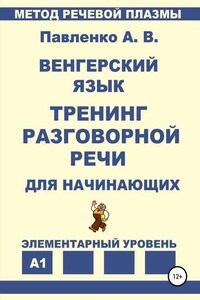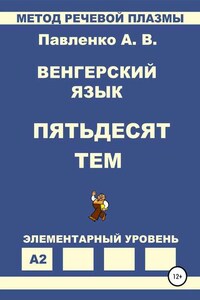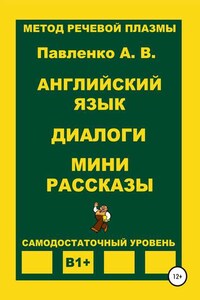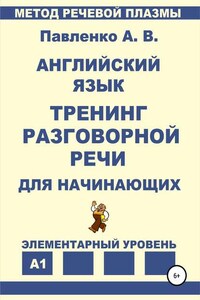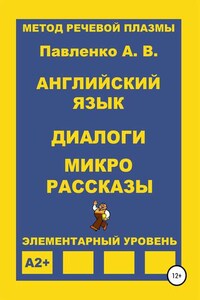Vivien
School in England usually starts at the age of five, but some children go to nursery school before that. I went to one for three days, when I was three, but I got really bored there and told my mum that I didn’t want to go, so before I went to a real school, she taught me at home. Some people send their children to a créche, where they’re looked after during the day while their parents are out at work, but she got some books and taught me how to read and write, so when I went to school at the age of five, I had quite an advantage over the other children.
Anyway, my schooling really started when I was five, and from the age of five until I was nine, I went to a private school, which is quite unusual in England. It was an all-girls’ school run by two old women, Miss and Ms McNamara. The standard was generally very high, and there were subjects like French, Maths and English Literature. I also took subjects like Ballet and Elocution, where we learnt how to speak correctly, and we had to memorise and recite poems.
Then my parents moved, and I went to a village school, in the countryside. This was a primary school, which children usually go to from the ages of five to eleven. And then, at eleven we took an exam called the eleven plus. If we passed that we could go to grammar school, and if we failed, we had to go to secondary school, which wasn’t usually of such good quality. I think the system’s changed a bit now. Fortunately, I passed my eleven plus. There were all kinds of general knowledge questions and things that, basically, you can work out if you’ve got any common sense.
Then I went to a grammar school. This was an all-girls’ school as well, and it was called Bishop Foxes. There was also an equivalent, all-boys’ grammar school on the other side of town. So, they kept us apart. That was also quite a good school. It was good for languages. So from the age of eleven until say sixteen when we took our “O” levels, which were Ordinary level exams, we studied about, maybe, nine subjects. First of all we had English Language and English Literature, History, Geography, Biology, Physics, Chemistry, and Art, and then other subjects like Cooking (they called it Domestic Science) and Technology (just woodwork in fact) which wasn’t very popular, it being an all-girls’ school. There was also French, and then another language – I studied Russian. You could choose from Russian, Spanish, Latin, or German.
My favourite teacher was in fact my Russian teacher. She was a French teacher who was married to a very old Russian émigré. I was the only one studying Russian, so everyone used to call me “Vivien the communist”, but it was good because it meant I had private classes. However, this made it more demanding because I always had to do my homework and there was no excuse.
I had some other very good teachers, but I’ve noticed that teachers are really different in Hungary. In England they’re not nearly as tactile, or affectionate with the students. They’re very formal and quite strict. When I was sixteen, we went on an exchange trip to the States for a month. We went to a high school in Massachusetts, and it was interesting. In fact, it was quite an eye-opener. It was quite amazing for me really, as there were signs all around saying things like “No guns” and “No drugs”, and it was quite violent. Also, I noticed that the students didn’t have any respect for the teachers and would just shout at them and, coming from a strict school that was quite a shock. They would shout back at the teachers, call them names and hurl abuse at them, and they rarely listened to anything the teacher said. They weren’t very interested in learning.
So, at the age of sixteen we took “O” level exams, and then some people left after that. That was one option, or we could go on to a technical college or “Tech”, and maybe study some kind of vocational subject like nursing, or some kind of technical or computer studies, or we could stay on for another two years, as I did, and take “A” levels, which are Advanced level exams. I took “A” levels in English Literature, Russian and Spanish, which, in retrospect, wasn’t a very good idea, because I had to read so many books. I had to sit and read Tolstoy, Dickens and Cervantes.
At the age of about eighteen, in August, everybody in my year was waiting for their “A” level results to see if they got high enough grades to go on to university. We had to apply for five universities, which we put on a list, with the best one at the top. If you want to go to Oxford or Cambridge, of course, you have to put that as number one, and then it goes down, so Oxford and Cambridge would have to be first, and then maybe Bristol, Manchester, Leeds and the rest.
The Scottish universities are very good. The universities require a certain grade – ‘A’ to ‘C’ are passes. ‘A’ is the best, followed by ‘B’, then ‘C’. Usually, they ask for three ‘C’s or above. I passed, fortunately, and I went to Leeds University, which was my first choice because it had a very good Russian department, and I studied Russian and Spanish. University usually lasts for three or four years.

